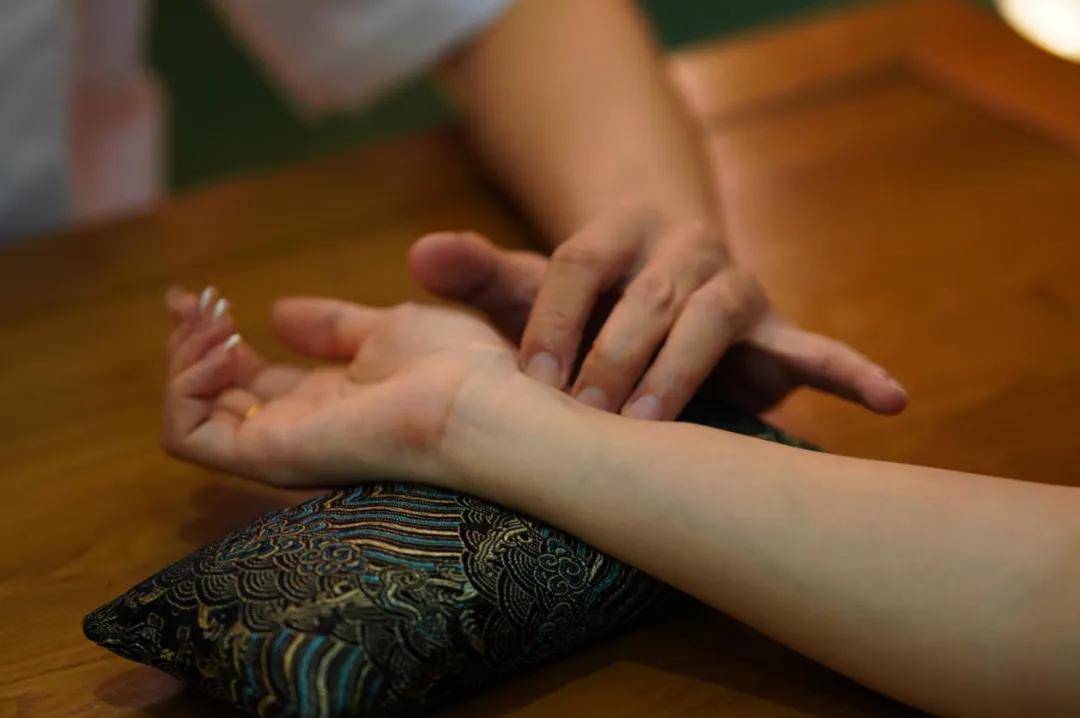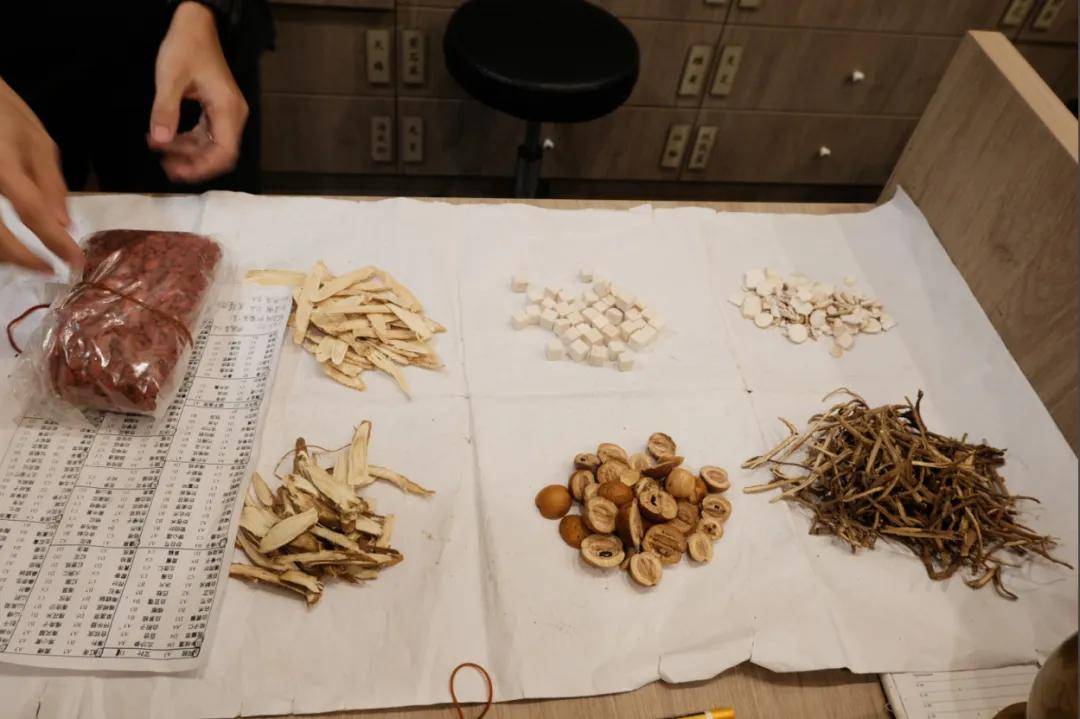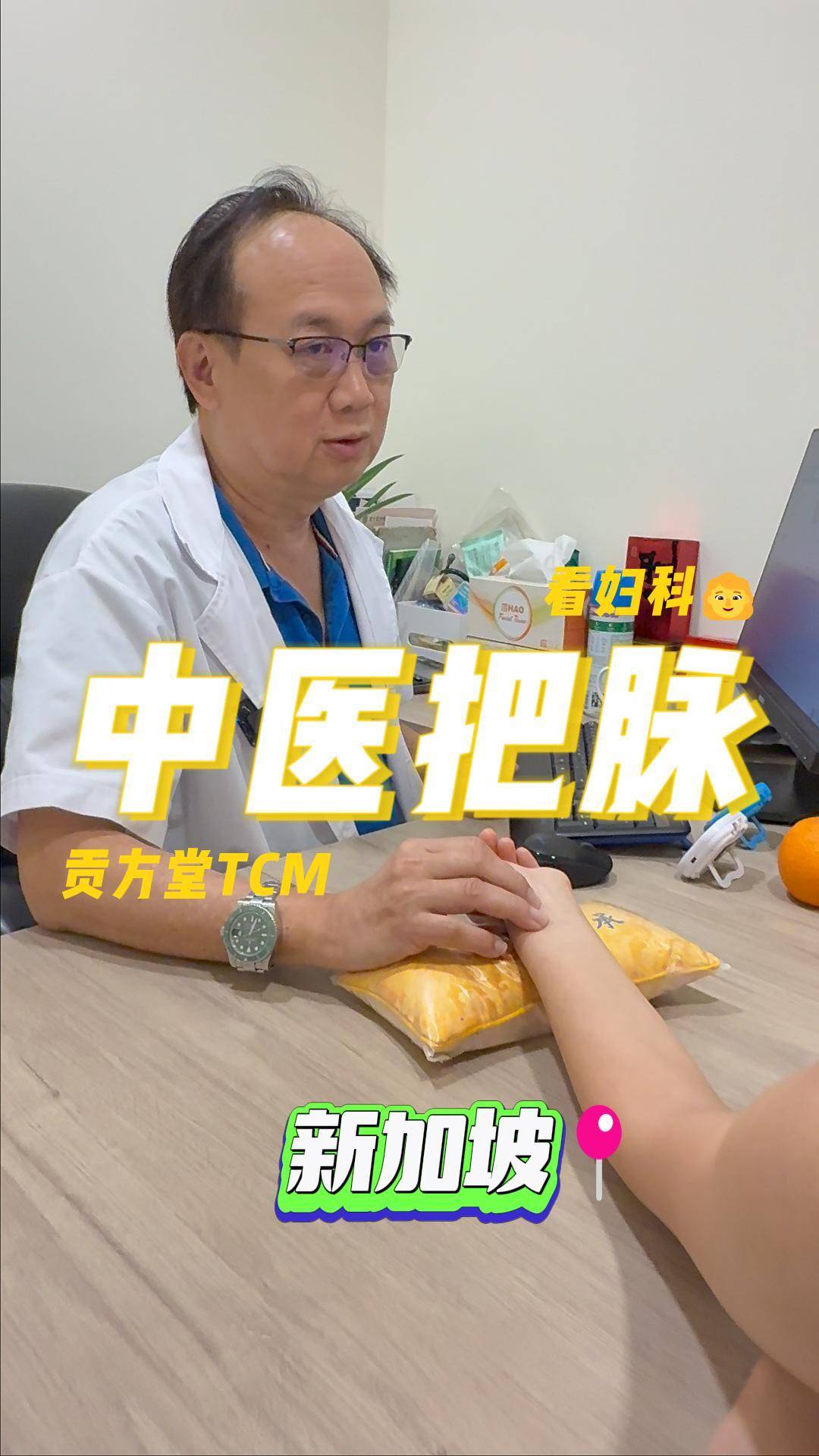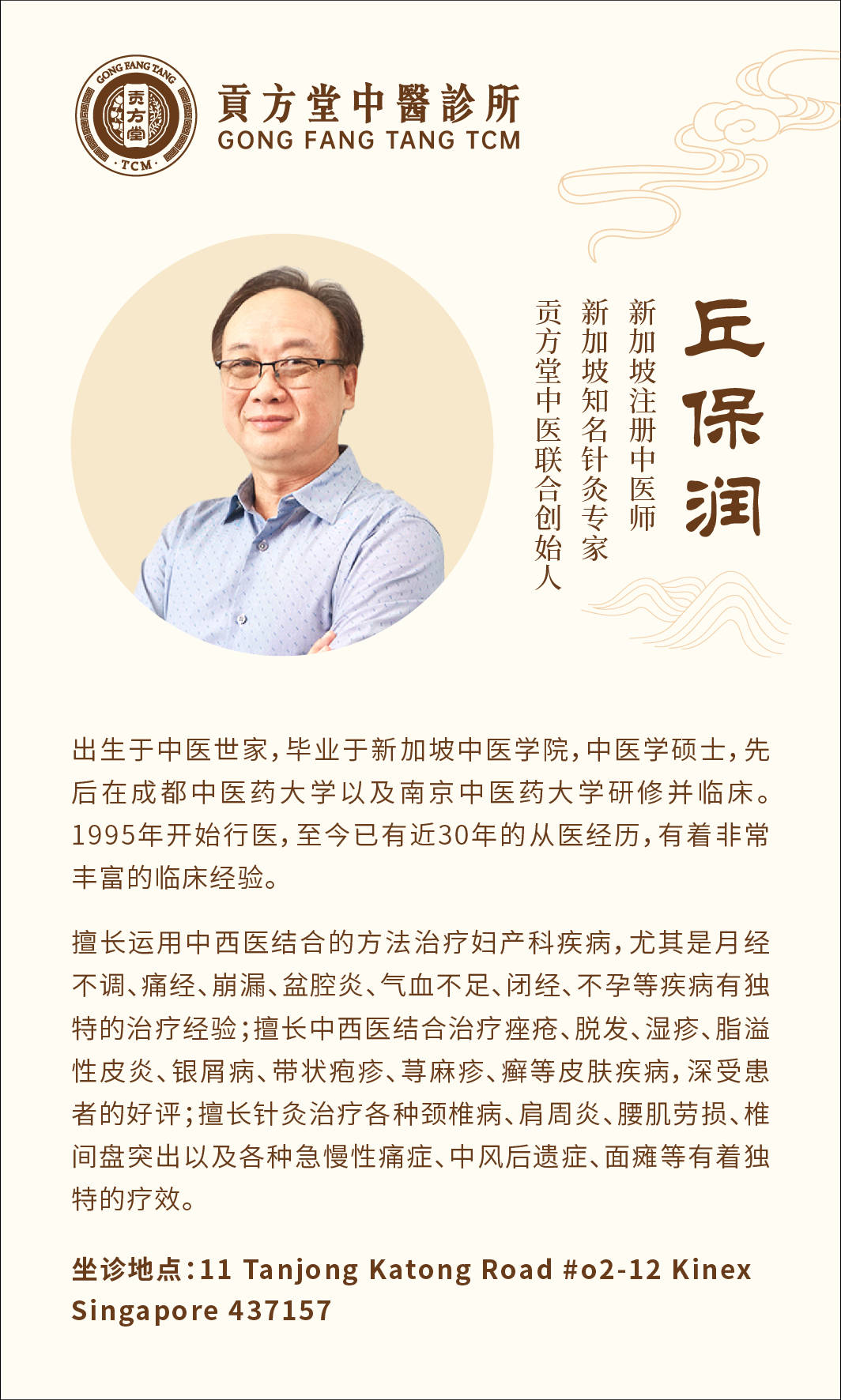- Physicians
- Clinics
- TCM
- Western GP
-
Fees
-
Deals & Privileges
- About & Resources
- Contact Us
Discovering ovarian cysts unexpectedly often leaves us feeling helpless. Many women avoid treatment due to fear of surgery. But why do ovarian cysts develop? Can they turn cancerous? Can Traditional Chinese Medicine help eliminate them? This article explains everything clearly!

Ladies, pay attention! Ovarian cysts are extremely common, and some can disrupt your endocrine system, causing irregular periods—sometimes early, sometimes late. In severe cases, they can even affect fertility, which is really frustrating!
In Traditional Chinese Medicine (TCM), lumps, nodules, and cysts in the body may form due to:
Phlegm-dampness blocking the body’s pathways
Qi and blood stagnation, leading to congealed blood clots
Emotional stress causing the body to become "stuck"
The TCM approach focuses on:
Activating blood circulation to dissolve stasis
Resolving phlegm-dampness to break up nodules
Regulating liver qi to relieve emotional stagnation
The goal is to harmonize the internal environment, improve qi and blood flow, and gradually dissolve cysts, nodules, and lumps.
Dr. Que Poh Yuen Albert, a TCM gynecology specialist at Singapore Gong Fang Tang TCM, explains:
"While most cysts are benign and don’t cause immediate trouble, you shouldn’t just ignore them! Think of them like balloons—if they grow too big, they can press on surrounding tissues and organs, leading to all kinds of discomfort!"
So, early intervention is key. Western medicine often recommends surgical removal, which solves the problem quickly—but recovery can be tough, and complications may arise. It’s definitely not an easy process!
The bottom line? Don’t wait until it’s too late. Whether through TCM or modern medicine, addressing cysts early is the best way to stay healthy and pain-free!

One Herb That Can "Puncture" Ovarian Cysts: Qu Mai (Dianthus Superbus)
There’s a single Chinese herb that can effectively break down ovarian cysts—Qu Mai (瞿麦, Dianthus superbus).
It might sound like a crop, but it’s actually a herbal plant with light purple flowers and small fruits. The whole plant is medicinal, known for:
✔ Clearing heat and promoting urination
✔ Breaking blood stasis and regulating menstruation
《Shen Nong Ben Cao Jing》: "Qu Mai treats urinary blockages, dissolves abscesses, improves vision, removes eye obstructions, and promotes blood circulation."
《Ri Hua Zi Ben Cao》: "Qu Mai treats hemorrhoids, bleeding, intestinal parasites, eye swelling, and skin ulcers. Its seeds can induce labor, regulate menstruation, break blood clots, and drain pus."
Qu Mai has three key actions:
Breaks blood stasis → Disperses cysts
Drains pus and dampness → Eliminates turbid fluids
Promotes urination → Flushes out toxins
Dosage: 50g Qu Mai
Preparation: Boil in 1000ml water (high heat → simmer 20 mins)
Usage: Drink as tea daily (avoid during menstruation)
Duration: 1–3 months for noticeable effects
⚠ Qu Mai is cold-natured—not suitable for:
Weak spleen/kidney qi
Cold lower body constitution
Modifications for safety:
Add ginger slices (to warm the body)
Add Bai Zhu (Atractylodes) (to protect the spleen/stomach)
Add Huang Qi (Astragalus) (for qi deficiency)
While Qu Mai alone is powerful, it works best in herbal formulas for stronger effects. Consistency is key—stick with it for 1–3 months for optimal results!

Medical Case Record
Patient: Ms. Zhang, female, 30 years old
Condition: Infertility for 3 years after marriage, later diagnosed via ultrasound with bilateral ovarian cysts.
At the time, other hospitals recommended surgical treatment. Concerned about potential impacts on fertility, the patient declined surgery and sought Traditional Chinese Medicine (TCM) treatment as a last hope.
The doctor applied the aforementioned treatment method. After two months of therapy, a follow-up examination showed significant reduction in cyst size. The patient continued medication for an additional six months, at which point ultrasound confirmed complete resolution of the cysts.
Subsequently, the patient conceived naturally and delivered a healthy baby boy at full term. Follow-up monitoring over several years showed no recurrence of the condition.
